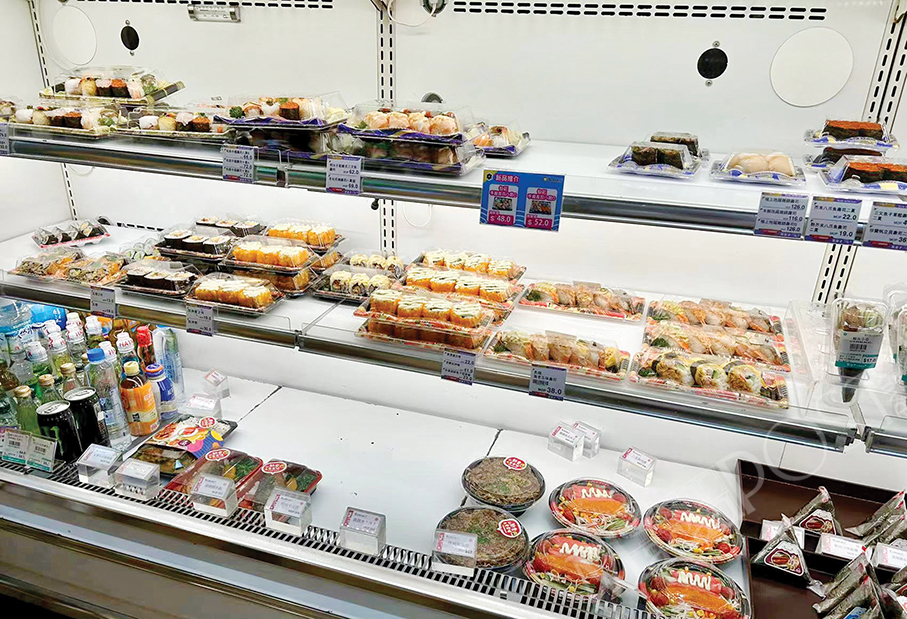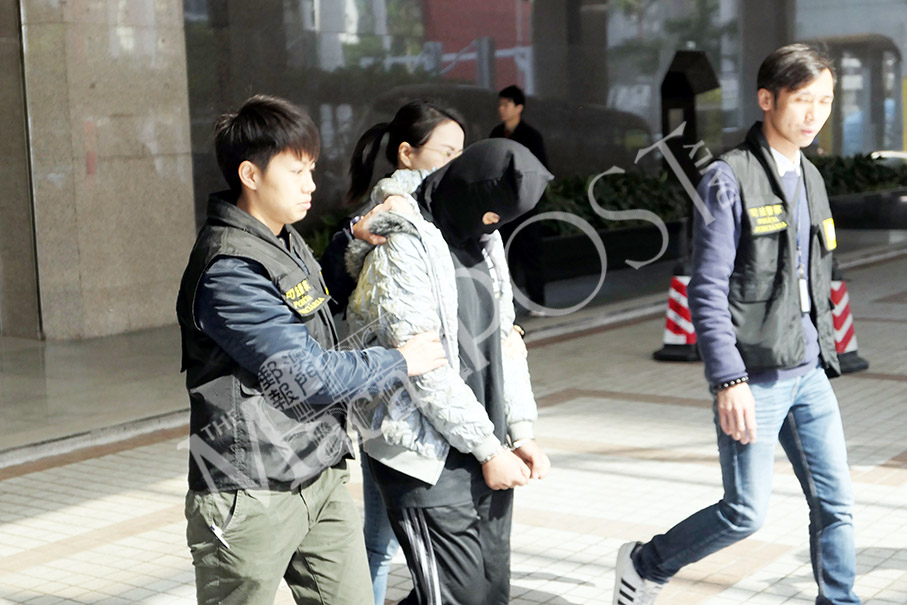Three representatives from two business sectors have shared their views on the local government’s ban on the import of certain Japanese food products, with all saying that Macau’s food and beverage industry and, in particular, local Japanese restaurants were expected to be affected “quite a bit” by the discharge of radioactive water from the crippled Fukushima nuclear plant into the Pacific Ocean, which started yesterday.
In accordance with Chief Executive Order No. 134/2023 which was published in the Official Gazette (BO) on Wednesday, the local government’s ban on the import of live and fresh food products, food products of animal origin, sea salt and seaweed from 10 areas in Japan – Tokyo, Fukushima, Chiba, Tochigi, Ibaraki, Gunma, Miyagi, Niigata, Nagano and Saitama – took effect yesterday. The food products include vegetables, fruit, milk and dairy products, as well as aquatic products, meat products and eggs, among others.
The General Administration of Customs of China announced yesterday the immediate suspension of the import of aquatic products originating in Japan, including aquatic animals, which aims to ensure the safety of imported food and protect the health of Chinese consumers.
Catering sector reps
Macau Catering Industry Association President Aeson Lei Ian Leong told The Macau Post Daily by WeChat message on Wednesday: “10 percent of local Japanese restaurants will be affected to some extent”.
Japanese restaurants in Macau can be classified as high-, medium- and low-end, Lei said, adding that the food provided by medium- and low-end Japanese restaurants may be imported from the mainland or elsewhere. Lei said that he expected a greater impact on some high-end Japanese restaurants in Macau. He underlined that the local suppliers have been constantly looking for suitable substitutes outside the nine Japanese prefectures and Tokyo Metropolis covered by the ban.
Lei added: “Almost more than a month ago, the Municipal Affairs Bureau (IAM) told local industries, including suppliers and the catering sector, that a ban may be imposed.”
Speaking to reporters on the sidelines of an event at Federal Restaurant in Zape yesterday, Lawmaker-cum-restaurateur Andrew Chan Chak Mo, who chairs the Legislative Assembly’s 2nd Standing Committee, said he believed that the catering sector and diners in Macau might be affected to some extent in the short term following the central government’s announcement of the ban on the mainland’s import of all Japanese aquatic products, in addition to the local government’s own ban, pointing out that there were currently six wholesalers in Macau that import fresh foodstuffs from Japan by air to supply 20 to 30 restaurants, and therefore, he said, the degree of the impact would be “relatively low”.
Chan, chairman of The United Association of Food and Beverage Merchants of Macau, said that the local trade was “well-prepared” to deal with the ban, including seeking alternative sources of goods from other regions and countries, such as Canada, South Korea, Taiwan, and the US.
When asked if Hong Kong and Macau would follow the mainland’s policy to completely ban the import of Japanese seafood in the future, Chan pointed out that Japan was only one of the sources of aquatic products and that a lot of seafood could be purchased from other places, adding: “In fact, many of the aquatic products on the local market are not really from Japan”.
Chan also said: “The sector is now calculating the cost of transhipments and logistics,” adding that due to the increase in distance and time, the cost of transhipments would be increased if the supply of goods from the US and Canada replaced those from Japan, while the estimated budget difference would “not be significant”.
Supplier rep
Macau’s Japanese restaurants have already been generally affected by the ban on Japanese food imports, with their revenue having dropped by “about 20 to 40 percent” since the government had hinted at the import ban a few months ago, Macau Union Suppliers Association President Sunny Ip Sio Man told The Macau Post Daily yesterday by phone, adding he believed that the impact brought about by the new measure on the restaurants would last for a short time.
Ip said he expected a “slight” increase in transportation costs, pointing out that Tokyo is the largest fisheries distribution centre in Japan, and that whether aquatic products are sold domestically or exported, they must go through Tokyo, in addition to Kagoshima and Hokkaido. Consequently, he added, there were more aquatic products being banned than expected.
“The cost will increase slightly in the future if the imported aquatic products are transported from other countries or regions”, said Ip, who pointed out that as an international air transportation centre, products delivered via Tokyo before the ban could arrive “much faster” than from the others, with frequent flights from there.

Pre-packed Japanese food items such as sushi are on sale at a takeaway in the northern district yesterday. – Photo: Yuki Lei







